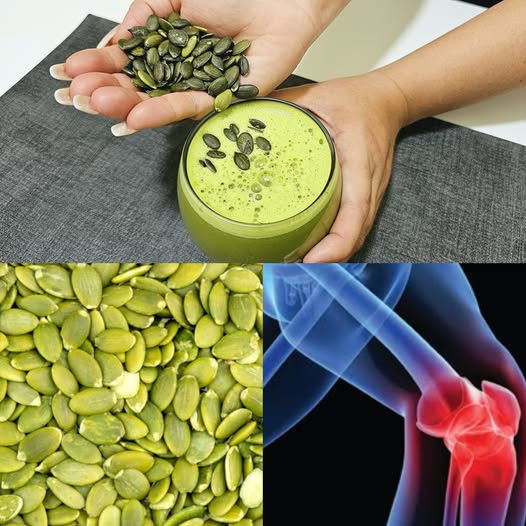
Beetroot is highly regarded for its rich nutritional profile, packed with vitamins, minerals, and antioxidants. However, despite its health benefits, there are some potential side effects that you should be aware of before incorporating it into your diet regularly. Here are seven side effects to consider:
1. Beeturia
One of the most harmless but surprising side effects of consuming beets is beeturia, where urine turns a reddish color. This occurs due to the excretion of betalain pigments and is more common in individuals with low stomach acid. Although it might be alarming, beeturia is generally harmless.
2. Kidney Stones
Beets contain oxalates, which are naturally occurring substances that can form crystals in your urine. These may contribute to the formation of kidney stones, especially if you are prone to this condition. If you have a history of kidney stones, it’s wise to limit your intake of beetroot.
3. Stomach Upset
Beetroot is high in fiber, which is great for digestive health, but too much can lead to digestive issues such as bloating, stomach cramps, or upset stomach. If you’re not used to a high-fiber diet, increase your intake slowly to give your digestive system time to adjust.
4. Low Blood Pressure
Beetroot is known for its ability to lower blood pressure thanks to its high nitrate content. While this is a benefit for many, it can cause a sudden drop in blood pressure for those who already have low blood pressure, leading to symptoms like dizziness or fainting.
5. Risk of Gout
The oxalates in beetroot can also lead to an increased risk of gout, a type of arthritis that involves severe pain and inflammation in the joints. If you have gout or a family history of it, you may want to avoid or limit your beetroot intake.
6. Colored Stools
Similar to beeturia, consuming beetroot can also change the color of your stools to a reddish or purple hue. While this is typically harmless, it can be mistaken for blood. Knowing this can help you avoid unnecessary panic after consuming beets.
7. Allergic Reactions
Though rare, some people may experience an allergic reaction to beetroot. Symptoms can include hives, itching, rash, or even anaphylactic shock in severe cases. If you experience any symptoms of an allergy, discontinue use and consult a healthcare provider.
Conclusion
While beetroot can be a nutritious addition to many diets, it’s important to be aware of these potential side effects, especially if you have certain health conditions. Always consider your personal health circumstances and, if necessary, consult with a healthcare provider to ensure that beetroot is a safe choice for your dietary needs.



